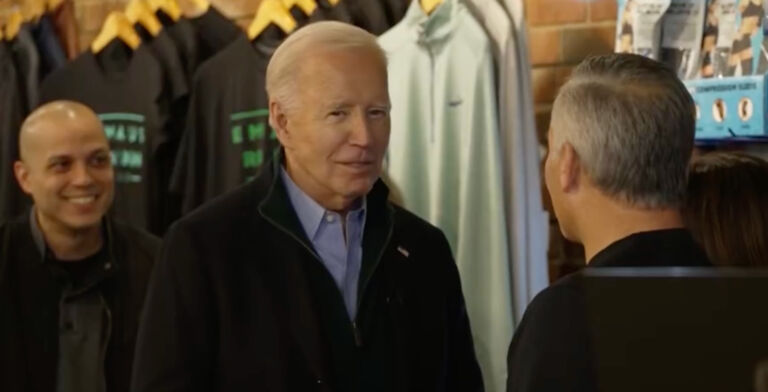As the COVID-19 pandemic has worn on and shutdowns have crippled local economies, it has become abundantly clear that the impacts have not been felt equally. Some have been fortunate and see the pandemic as a way to reconnect with family, learn a new skill, or simply avoid the discomfort of pants in work meetings. However, that is far from a universal experience. Some, instead, have had to choose between the security of their health and the security of their livelihood, or they’ve just had to watch their investments lie fallow. They’ve struggled taking care of their kids while simultaneously balancing an essential job, or they’re trying to make ends meet and are met with the bureaucratic nightmare that is North Carolina’s unemployment insurance system.
These heartbreaking circumstances are most pronounced among racial minorities and lower-income populations, groups that progressives claim to support. However, progressives themselves tend to be white, financially comfortable, and highly-educated, the same traits of those who can work from home during the pandemic. The virtue signaling of the left, the idea that we all must sacrifice for the common good, is palpably ironic when those parroting it are themselves sacrificing little. They still have jobs; they’re financially stable. Even as parents of modest means grapple with the damaging implications of remote learning for their children, especially as it relates to their own jobs, wealthy parents can choose between private schools or hiring their own educators.
At a recent Chapel Hill-Carrboro City Schools board meeting, a speaker presented the choice as students being “behind or dead.” This is a false dichotomy. The average family in Chapel Hill makes $126,015, and as a result, the children living in the typical Chapel Hill household are unlikely to fall behind. However, for homeless and other at-risk students (who are disproportionately Black children), there is a real danger to not having physical schools. Schools provide critical services to these students and can change the course of their lives. That impact cannot be understated. And yet, progressives including Gov. Roy Cooper, seem perfectly content to let the neediest students suffer the most, all while preaching about social justice.
The coronavirus-related shutdowns have also hammered Black entrepreneurs. A recent NBER report found that lockdowns have shuttered nearly half of all Black-owned businesses compared to only 17% of those owned by white business owners. Nearly three months without cash flow for these businesses means that many will never return, deepening the inequities within American society. A month ago, CBS profiled Black-owned businesses in Florida, a state that progressives deride for its COVID-19 response, describing their long road to recovery. For thousands of North Carolina businesses, recovery is still a distant dream, dependent upon a governor who continues to quash businesses in our own state. The longer these orders drag on, the worse the disparities in America become.
Of course, it isn’t enough to call to the carpet Gov. Cooper and his administration for their doublespeak on social justice. There is a dearth of pro-freedom voices advocating for pandemic policies through the lens of racial justice, which is a travesty. Freedom has always been the way to protect equity and promote social justice, as my colleague Jon Sanders eloquently explained. The pandemic is no exception. As we talk about reopening, it is irresponsible to ignore the fact that lockdowns only exacerbate our country’s inequalities. The conversation on reopening must involve the disparate impact on people of color and lower-income individuals. Progressives have shirked their duty to the most vulnerable in North Carolina and, in doing so, have set back social justice. Only in protecting the freedom of parents, business owners, and all North Carolinians can social justice advance.


